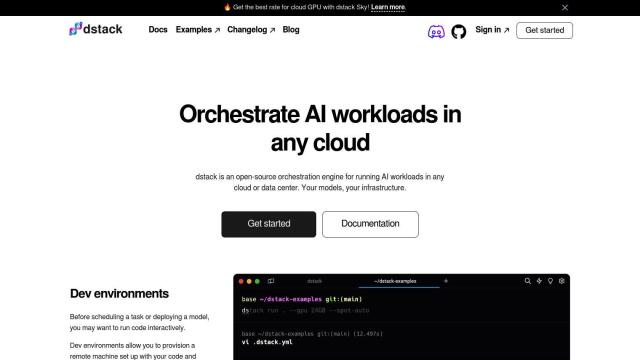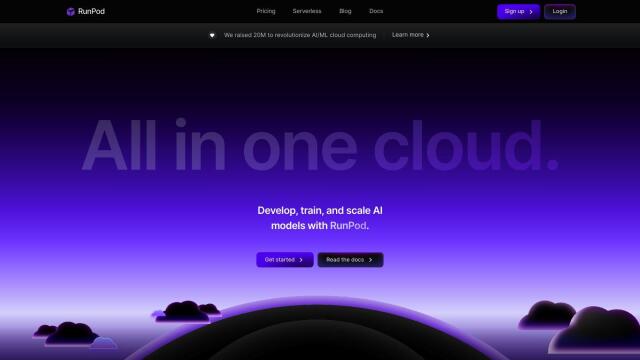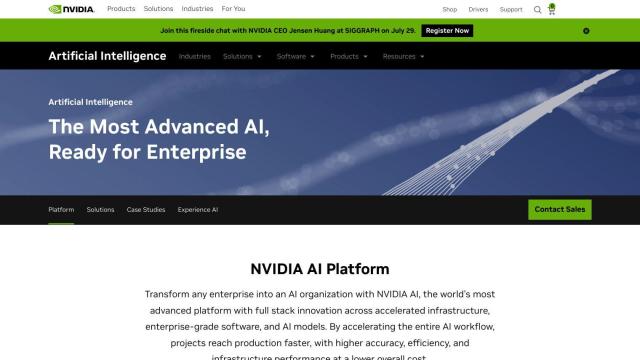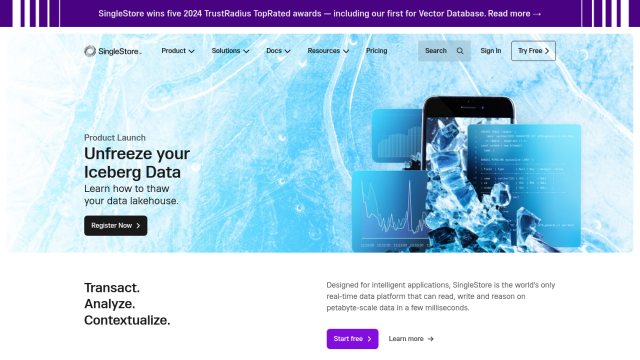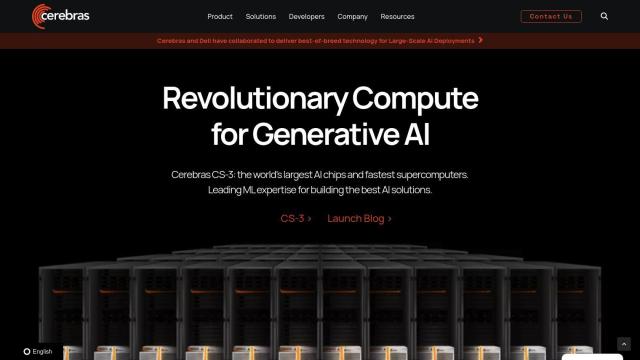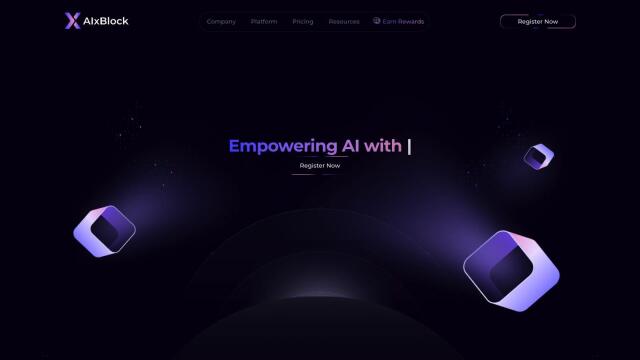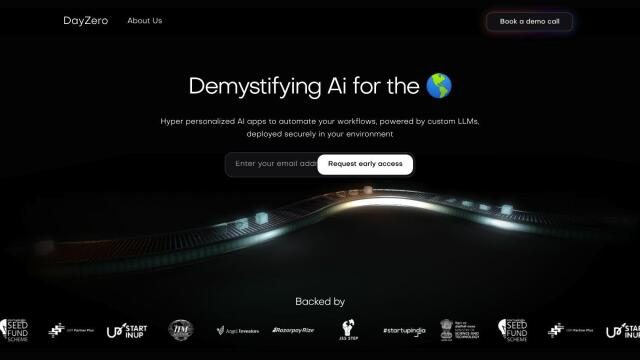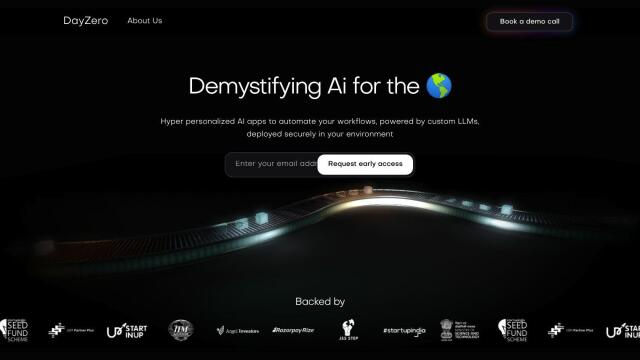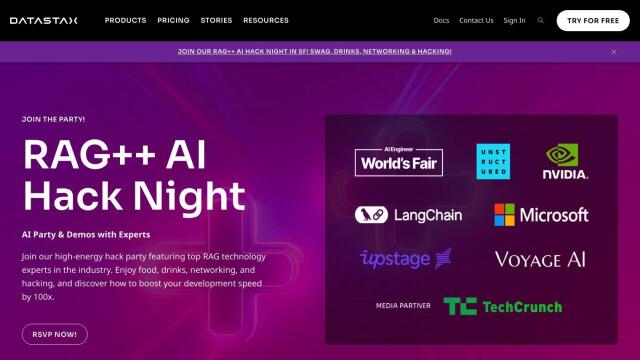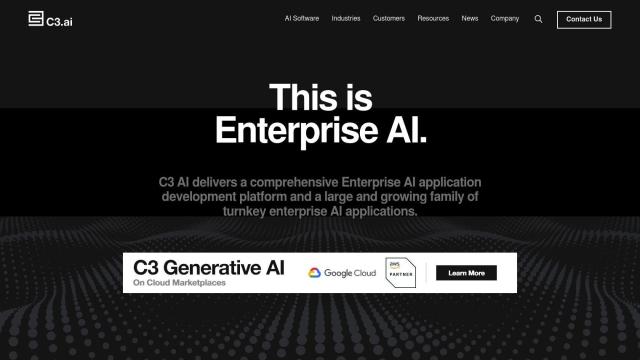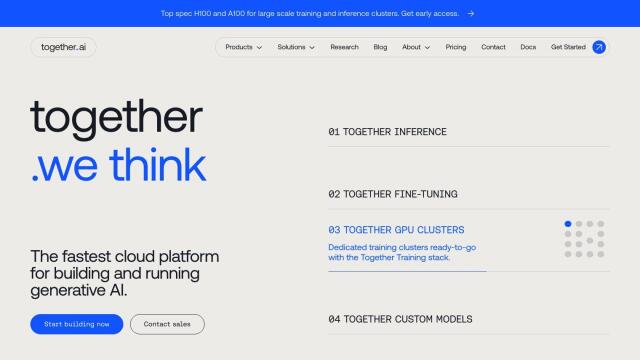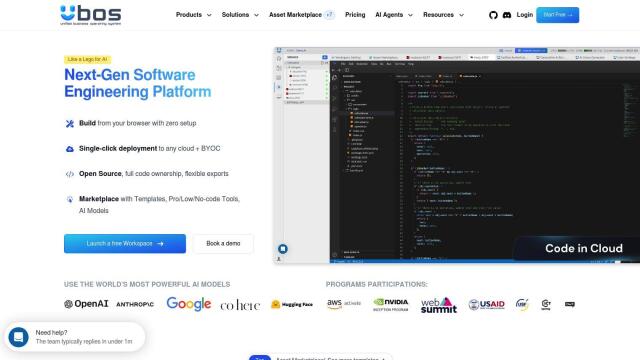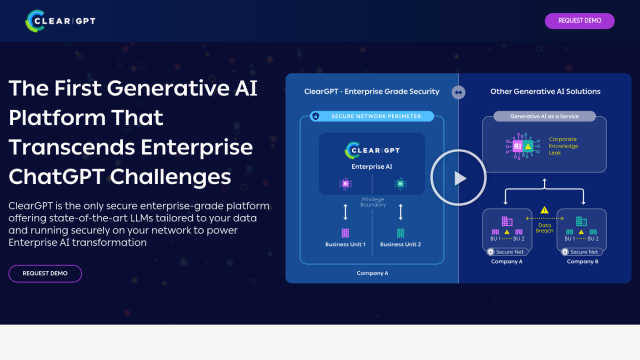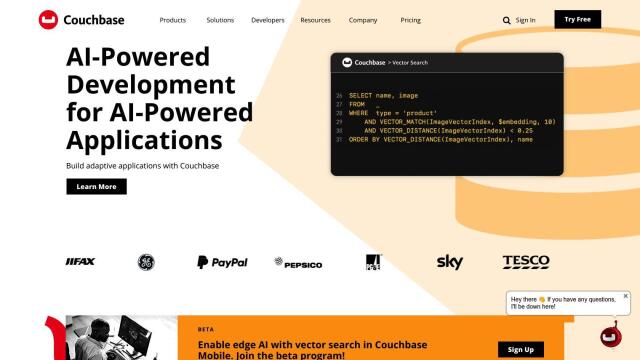Question: I need a platform that can run AI applications offline and with low latency for industrial IoT use cases.

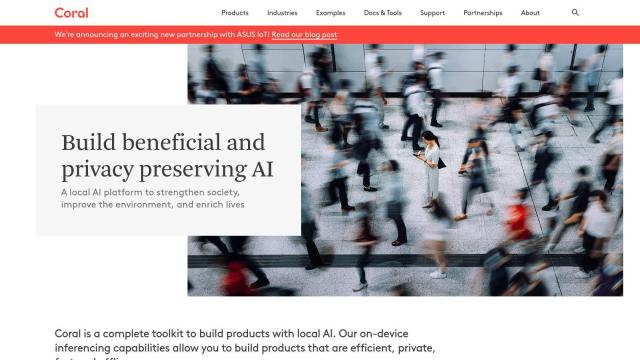
Coral
If you need a platform that can run AI software offline and with low latency for industrial IoT workloads, Coral is a strong contender. It's a local AI platform that can run offline, which means you can get fast and private AI processing on devices. Coral products span development boards to system-on-modules, supports frameworks like TensorFlow Lite and runs Debian Linux, macOS and Windows 10. That makes it a good fit for smart cities, manufacturing and health care, where data privacy and low latency are important.
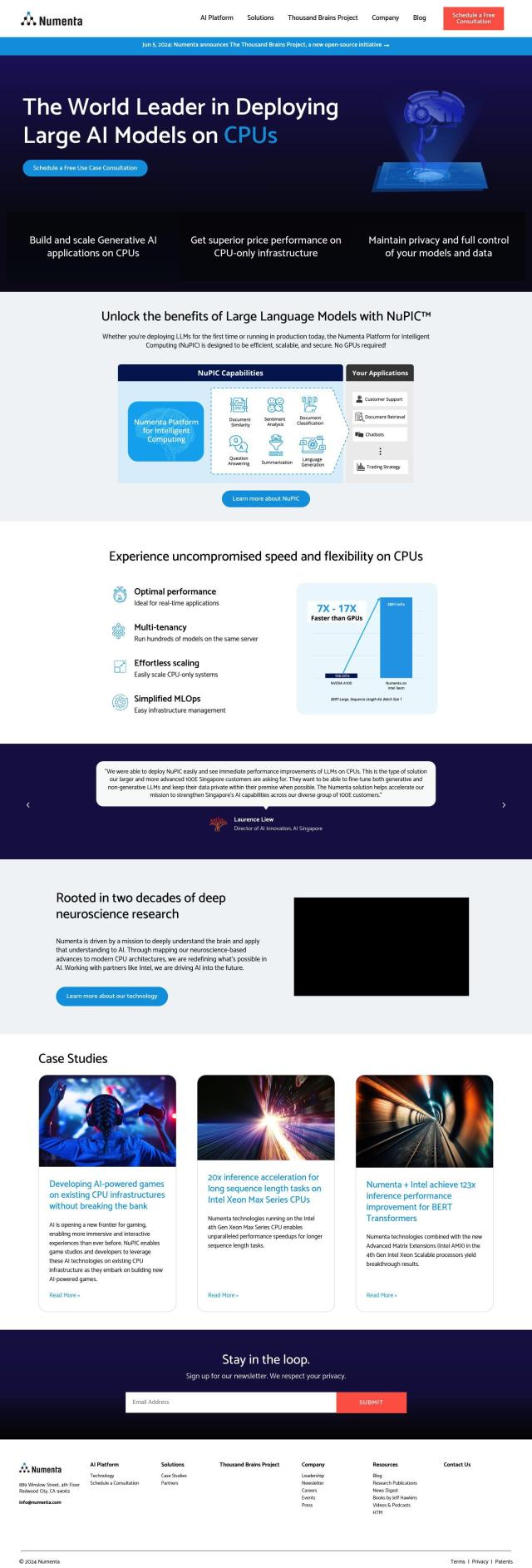
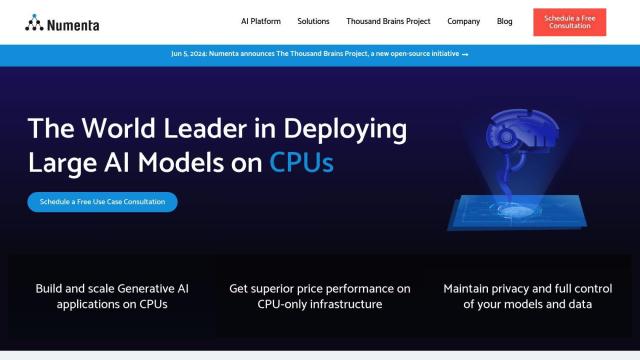
Numenta
Another good option is Numenta, which lets companies run big AI models on CPUs without needing GPUs. It's got real-time performance optimization, multi-tenancy and easy scaling, so it's good for running hundreds of models on a single server. The platform is a good fit for gaming, customer service and document search, and it's a high-performance, scalable option for CPU-only systems.

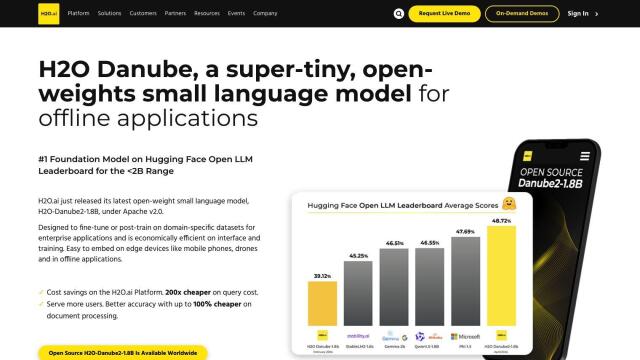
H2O.ai
If you want an AI infrastructure that spans both predictive and generative AI, H2O.ai is designed to boost productivity across a range of business needs. It's got modules like H2O-Danube for offline edge devices and H2O Generative AI for content analysis and generation. H2O.ai supports fully managed cloud, hybrid, on-premises and air-gapped environments, so you can control infrastructure and security. It's a good fit for companies that need to process documents, generate content and automate processes.

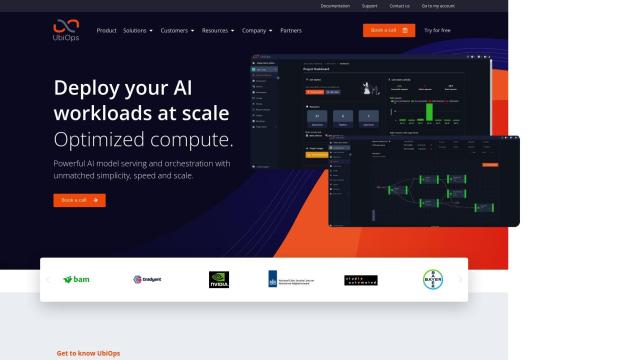
UbiOps
UbiOps is another good option for running AI and ML software reliably and securely as microservices. It's designed to be easy to use and fast, so data scientists can quickly move models into production. UbiOps supports hybrid and multi-cloud workloads and integrates with tools like PyTorch and TensorFlow, and it's got strong security and scalability features. It's a good option for teams that want to run AI models without worrying about DevOps or cloud infrastructure.







